The Sacred Work Of Play
A force more powerful than any lesson, more profound than any curriculum.
Play is sacred.
It is not an indulgence, nor a distraction from the real work of childhood—it is the work of childhood. And yet, as children grow, the world around them begins to tighten, to press in with expectations, with structured activities, with the creeping weight of productivity. Somewhere along the way, play is nudged to the edges, reserved for the youngest or repackaged into something more palatable to adulthood’s rigid lens. But play—true, unstructured, untamed play—is as vital at five as it is at fifteen.
Watch a child at play, truly lost in the moment, and you will see a force at work more powerful than any lesson, more profound than any curriculum. Play is how children make sense of the world, how they push against its edges, how they weave themselves into the fabric of life. It is movement, imagination, deep and wild exploration. It is bodies in motion, sticks turned into swords, trees becoming castles, hands shaping mud into something that was never there before.
It is joy, unfiltered. The kind of joy that sparks from within, that belongs wholly to the child.
And it is necessary. Essential. A birthright.
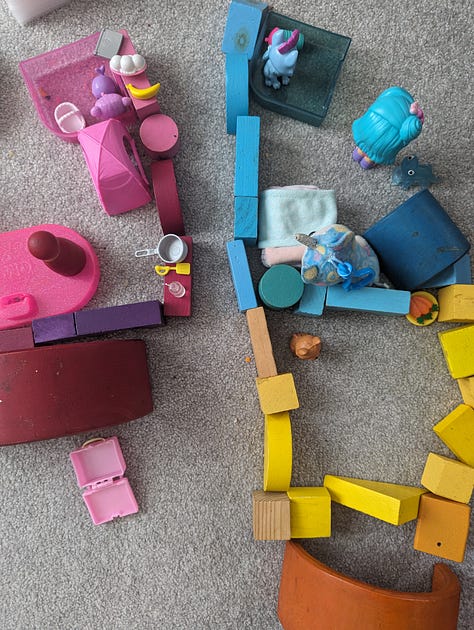
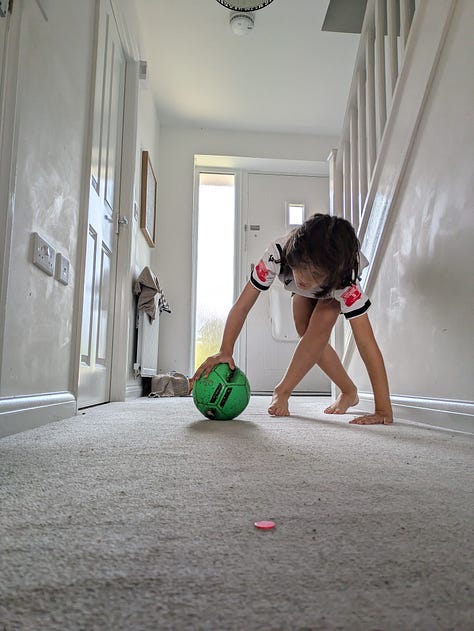
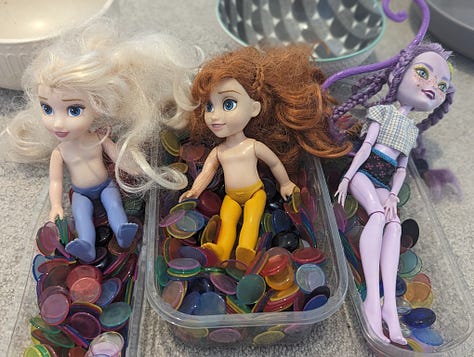
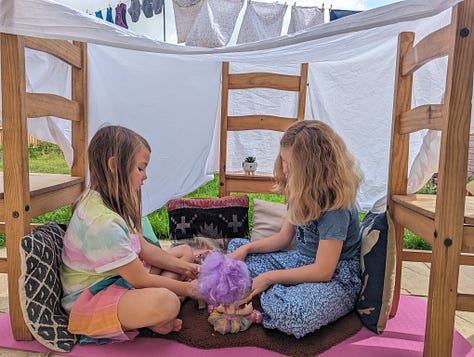
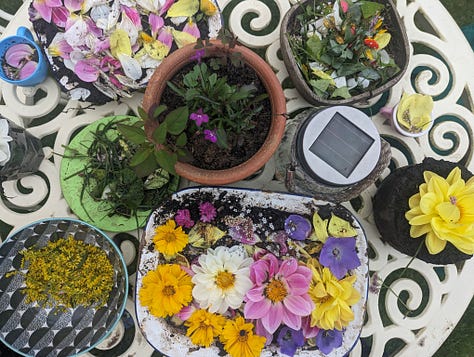
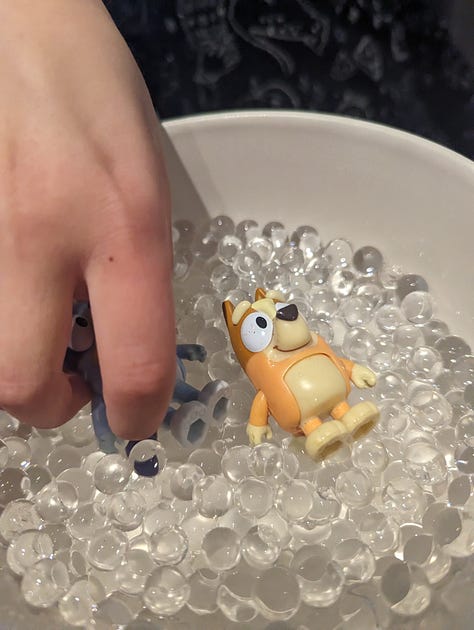
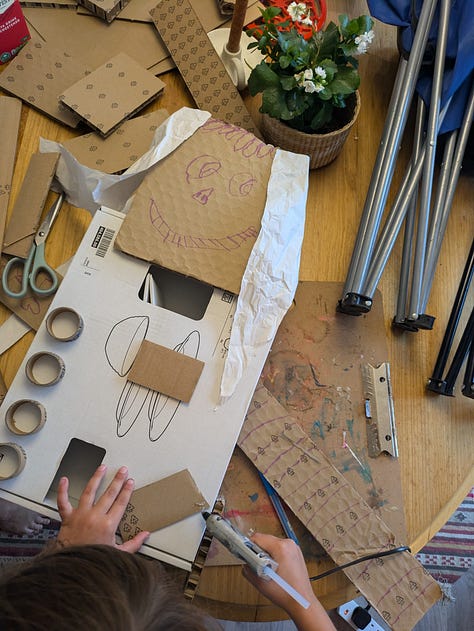
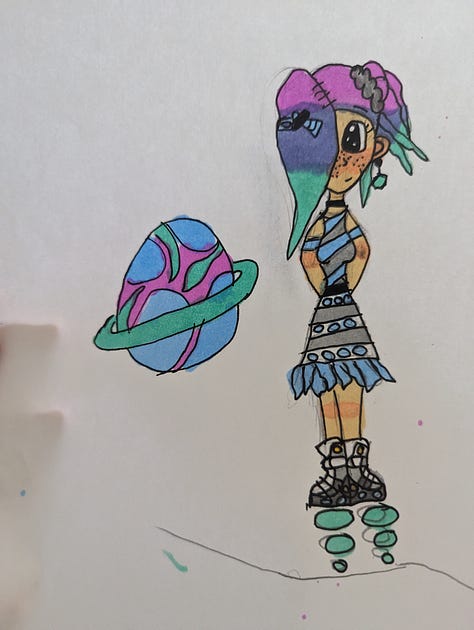

For children over five, play takes on new forms. It is social negotiation, the testing of boundaries, the crafting of entire universes from a handful of materials and an endless well of creativity. It is problem-solving, emotional processing, resilience-building. It is risk, laughter, frustration, collaboration. It is the place where they meet themselves, again and again, free from the hovering weight of adult-imposed structure.
To deny a child play is to deny them air.
So let them play. Make space for it, fiercely protect it. Push back against the forces that would take it away. Let them climb higher than you are comfortable with, let them get muddy, let them disappear into their worlds without interruption. Let them tangle with the elements, build, break, rebuild. Let them lead. Let them be free.
Play is not a waste of time. It is the shaping of a soul, the forming of a mind, the unfolding of a self. And if we are wise enough to watch, to honour it, perhaps we, too, can remember something we have forgotten.






I love this so much, the word play has almost becoming trivialised over the years. I’m a Forest school leader and used to work in a primary school where play wasn’t given enough importance, free flow play where children were actually allowed to follow their own interests and don’t get me started on screens! That’s why I love Forest School, it’s almost the antidote to all that :)
It is so important. I listen to the world's being created, I can hear problems veing solved, feelings being worked through. Yet it's dismissed as not important.